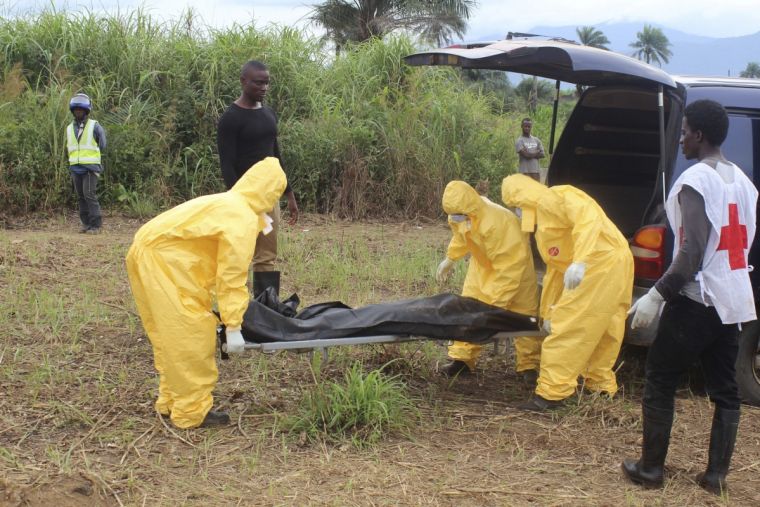Dramatic decline in Ebola cases reported; West African countries remain 'cautiously optimistic'

The World Health Organisation reports that the number of Ebola cases is diminishing in the nations hardest hit by the disease.
Last week, cases were down to less than 150 in Sierra Leone, Liberia and Guinea, signalling what seems like a turning point in the Ebola epidemic that has already claimed more than 8,000 lives according to the BBC.
The numbers have been falling since the early weeks of January. The Guardian reports that in December, Sierra Leone had an alarming 550 cases a week. In January, the figures steadily went down to 248, then 184, and finally 117.
As for Liberia, where over 300 cases a week were reported in August and December, the number of cases has plummeted to only eight.
Guinea followed suit, with just 20 incidents of the disease.
Because of the decline in cases, Sierra Leone and Guinea are planning to reopen their schools, the International Business Times reports.
Dr. Christopher Dye, the director of strategy in the office of the WHO director general, told BBC News, "The incidence is pretty clearly going down in all three countries now.
"Each of the last three weeks has been the most promising we've seen so far. The message is reductions in all places."
To completely eradicate the disease, the UN is currently looking for more funding.
According to Dr David Nabarro, the UN secretary general's special envoy on Ebola, the intergovernmental organisation has already received $1 billion from governments, organisations, and philanthropists but still needs $1 billion more to ensure a quick and effective response to any new outbreaks.
"It will be hard to raise, but the last bit – getting to zero – is the most difficult and is very expensive," he said.
With the apparent slowing of the Ebola virus disease, the Liberian government is urging its people to remain vigilant.
"We are determined that as the cases continue to go down, there is no recurrence," Liberia's information minister Lewis Brown told the Guardian.
"We may have got a handle on the transmission of the virus; we may be in a position to isolate and treat people quickly. But this is a virus which, given our sociology and health infrastructure, could spread again very, very quickly. So we have to make sure that no one has any false sense that the hard work's done," he added.
Brown said that despite the apparent slowing of the disease, Liberia remains "very cautiously optimistic" since the country shares "very porous borders" with Guinea and Sierra Leone.
"We continue to call for a regional approach to ending this scourge; none of us can be safe until all of us are safe," he said.











